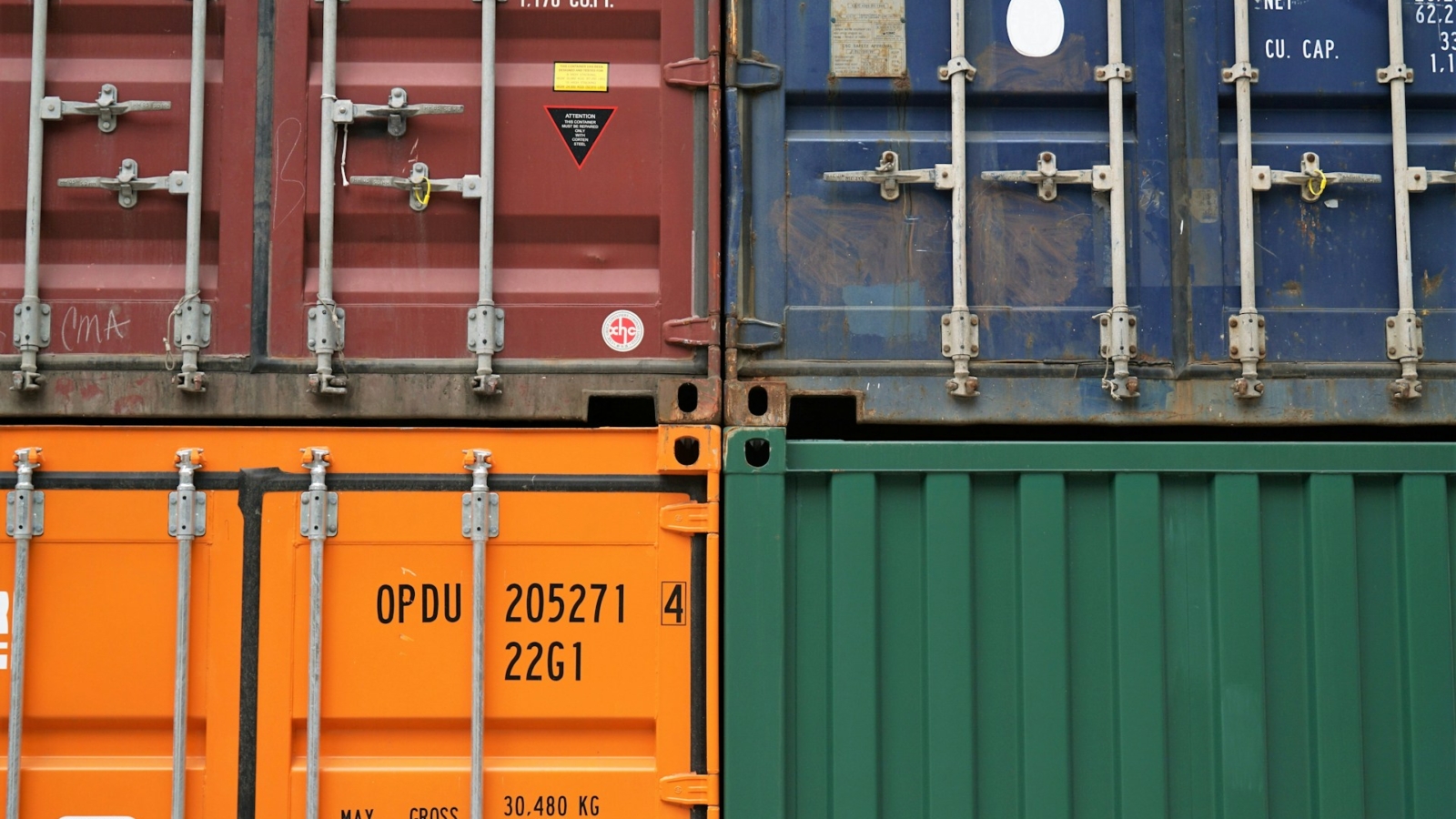Top Challenges in Freight Forwarding and How to Overcome Them
Freight forwarding is a critical component of global trade, ensuring the smooth movement of goods across borders. However, the industry faces several challenges that can impact its efficiency and effectiveness. In this blog, we will explore the top challenges in freight forwarding and provide strategies to overcome them.
1. Complex Documentation
One of the primary challenges in freight forwarding is managing the extensive documentation required for international shipments. Customs forms, bills of lading, and certificates of origin are just a few examples of the paperwork involved. Errors or delays in documentation can lead to shipment delays and increased costs.
Solution: Partnering with a reputable freight forwarding service provider with extensive experience and knowledge in handling documentation is crucial. They can navigate complex regulatory requirements, ensure compliance, and streamline the documentation process, saving time and reducing the risk of errors1.
2. Customs Compliance
Complying with customs regulations and procedures is another significant challenge. Countries have varying customs regulations, tariffs, and import/export restrictions. Staying updated with the ever-changing customs requirements can be challenging.
Solution: Partnering with a reliable freight forwarder that has a deep understanding of customs regulations is advantageous. They can guide you through the process, ensure compliance, and help avoid delays or penalties. Their expertise can expedite customs clearance, minimizing potential disruptions to the supply chain1.
3. Transportation and Logistics Management
Coordinating transportation and logistics is a complex task that involves managing multiple modes of transportation, optimizing routes, and ensuring timely delivery. This requires careful planning and coordination.
Solution: Skilled professionals with established networks and partnerships with carriers, warehouses, and distribution centers can leverage their connections to negotiate competitive shipping rates, secure reliable transportation options, and provide end-to-end logistics management. Their expertise in supply chain optimization can lead to cost savings and improved operational efficiency1.
4. Risk Management
Freight forwarding involves inherent risks such as theft, damage, loss, and delays. Mitigating these risks requires a proactive approach.
Solution: Reputable freight forwarding services have robust risk management practices in place. This includes comprehensive insurance coverage, real-time tracking systems, and contingency plans for unforeseen disruptions. By proactively identifying and addressing potential risks, freight forwarders can minimize their impact on the supply chain1.
5. Economic and Political Challenges
Global economic uncertainty and political factors, such as trade disputes or policy changes, can impact the freight forwarding industry. Economic downturns or fluctuations can affect the demand for freight forwarding services and impact business operations.
Solution: Focusing on cost management and maximizing profitability is crucial during times of economic uncertainty. This involves negotiating better rates with suppliers, optimizing routes and schedules, and identifying inefficiencies in operations. Building strong relationships with customers and offering customized solutions can also help retain business during challenging times. Additionally, having contingency plans in place, such as financial reserves and backup plans for unexpected disruptions, can help navigate economic and political challenges2.
Conclusion
Freight forwarding is a complex and dynamic industry that faces several challenges. However, by partnering with experienced and reputable service providers, leveraging technology, and adopting proactive risk management practices, these challenges can be effectively overcome. By addressing these challenges head-on, freight forwarders can ensure the smooth and efficient movement of goods, contributing to the success of global trade and the growth of the economy.

